The department of Electronics and Communication has been existing since the inception of the college in the year 1997. Since then, the department has grown in leaps and bounds in terms of intake and infrastructure. Well equipped laboratories help the students gain knowledge empirically. CREST, an acronym for “Centre for Robotics and Embedded Systems Technologies” is a new feather added to the cap of the department where are the students are trained on the emerging trends in the fields of Robotics and Embedded systems.
The department is entrenching the art of Project Based Learning, where students learn things by doing their projects right from the early stages of the course. The time table also includes special training class titled SETS (Systematic Effort Towards Success), which hones students ability to crack any entrance test. Special emphasis is given for improving Communication Skills, which helps students who are poor in that regard.
To get exposure towards the industrial environment, the department organizes certified training courses/workshops on various platforms
Besides these, students are also involved in activities which include sports, alumni meets, competitions which improve personality development and also recreational activities
Enabling all the above, the department is blessed with 14 well experienced and committed faculty including a couple of doctorates, three Associate Professors and nine Assistant Professors. They take pride in teaching and guiding students. Their persistent efforts in learning new things keep them on par with the booming technological trends which in turn help the students to get upgraded.
The department supports an UG intake of 60 and a PG (DSCE) intake of 18.
To offer quality education in the field of Electronics and Communication Engineering by emphasizing the aspects right from fundamentals to advanced level, enabling the students to cater the needs of the industry and provide solutions to social issues through engineering
M1:Establish an environment where students get an opportunity to learn concepts empirically
M2:Make students involve in societal activities which help them identify the problems and find appropriate solutions through their learning
M3:Create a platform for students to update themselves with current technological trends by providing them with advanced lab facilities
M4:Provide a well-balanced environment bridging the gap between academia and industry
The students of undergraduate program in Electronics & Communication Engineering will have
PO-1: Engineering knowledge: Apply the knowledge of mathematics, science, engineering fundamentals and an engineering specialization to the solution of complex engineering problems.
PO-2: Problem analysis: Identify, formulate, review research literature and analyze complex engineering problems reaching substantiated conclusions using first principles of mathematics, natural sciences and engineering sciences.
PO-3: Design/development of solutions: Design solutions for complex engineering problems and design system components or processes that meet the specified needs with appropriate consideration for the public health and safety and the cultural, societal, and environmental considerations.
PO-4: Conduct investigations of complex problems: Use research-based knowledge and research methods including design of experiments, analysis and interpretation of data and synthesis of the information to provide valid conclusions.
PO-5: Modern tool usage: Create, select, and apply appropriate techniques, resources and modern engineering and IT tools including prediction and modeling to complex engineering activities with an understanding of the limitations.
PO-6: The engineer and society: Apply reasoning informed by the contextual knowledge to assess societal, health, safety, legal and cultural issues and the consequent responsibilities relevant to the professional engineering practice.
PO-7: Environment and sustainability: Understand the impact of the professional engineering solutions in societal and environmental contexts, and demonstrate the knowledge of, and need for sustainable development.
PO-8:Ethics: Apply ethical principles and commit to professional ethics and responsibilities and norms of the engineering practice.
PO-9: Individual and teamwork: Function effectively as an individual, and as a member or leader in diverse teams, and in multidisciplinary settings.
PO-10: Communication: Communicate effectively on complex engineering activities with the engineering community and with society at large, such as, being able to comprehend and write effective reports and design documentation, make effective presentations, and give and receive clear instructions.
PO-11: Project management and finance: Demonstrate knowledge and understanding of the engineering and management principles and apply these to one’s own work, as member and leader in a team, to manage projects and in multidisciplinary environments.
PO-12: Life-long learning: Recognize the need for, and have the preparation and ability to engage in independent and life-long learning in the broadest context to technological change.
Electronics & Communications Engineering Graduates will be able to:
PSO-1: Understand the basic principles of Analog and Digital Circuits and apply them in the field of Embedded Systems
PSO-2: Implement approaches of signal processing to the field of Image processing

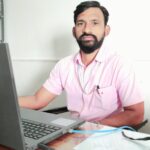
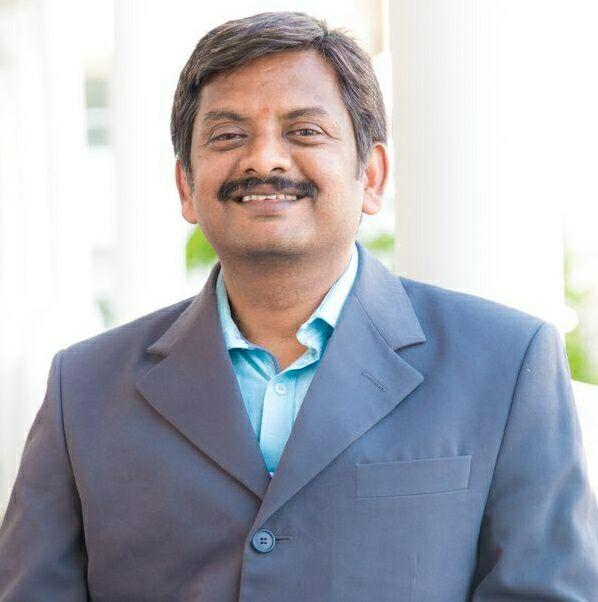
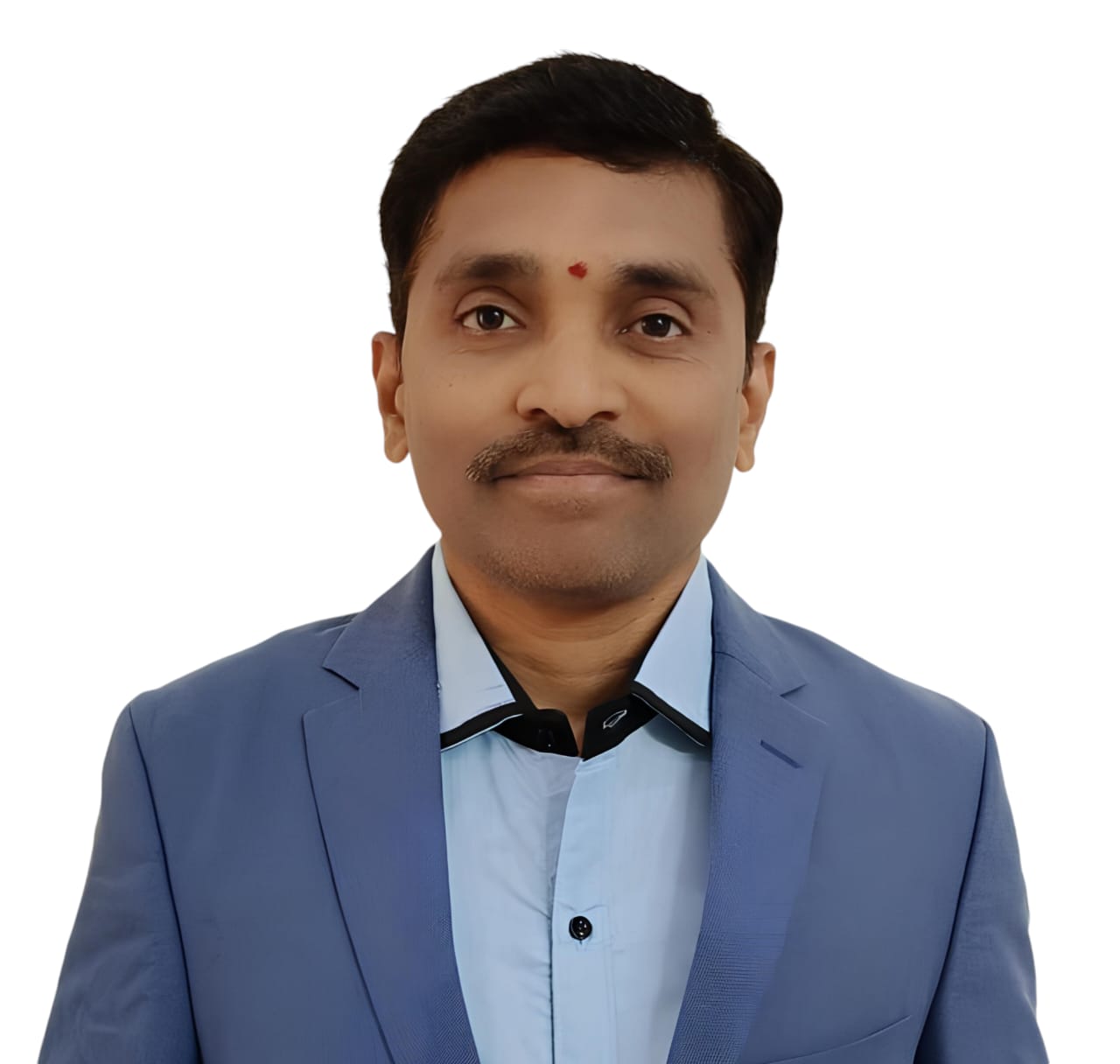
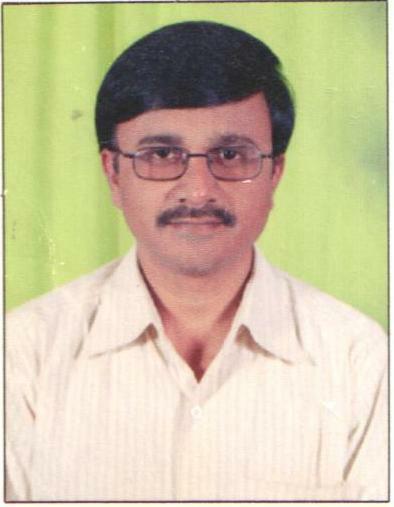

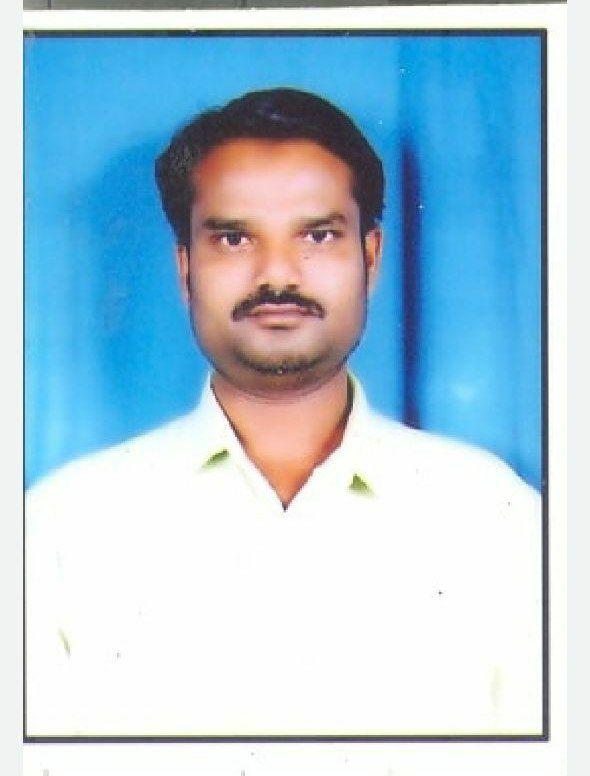



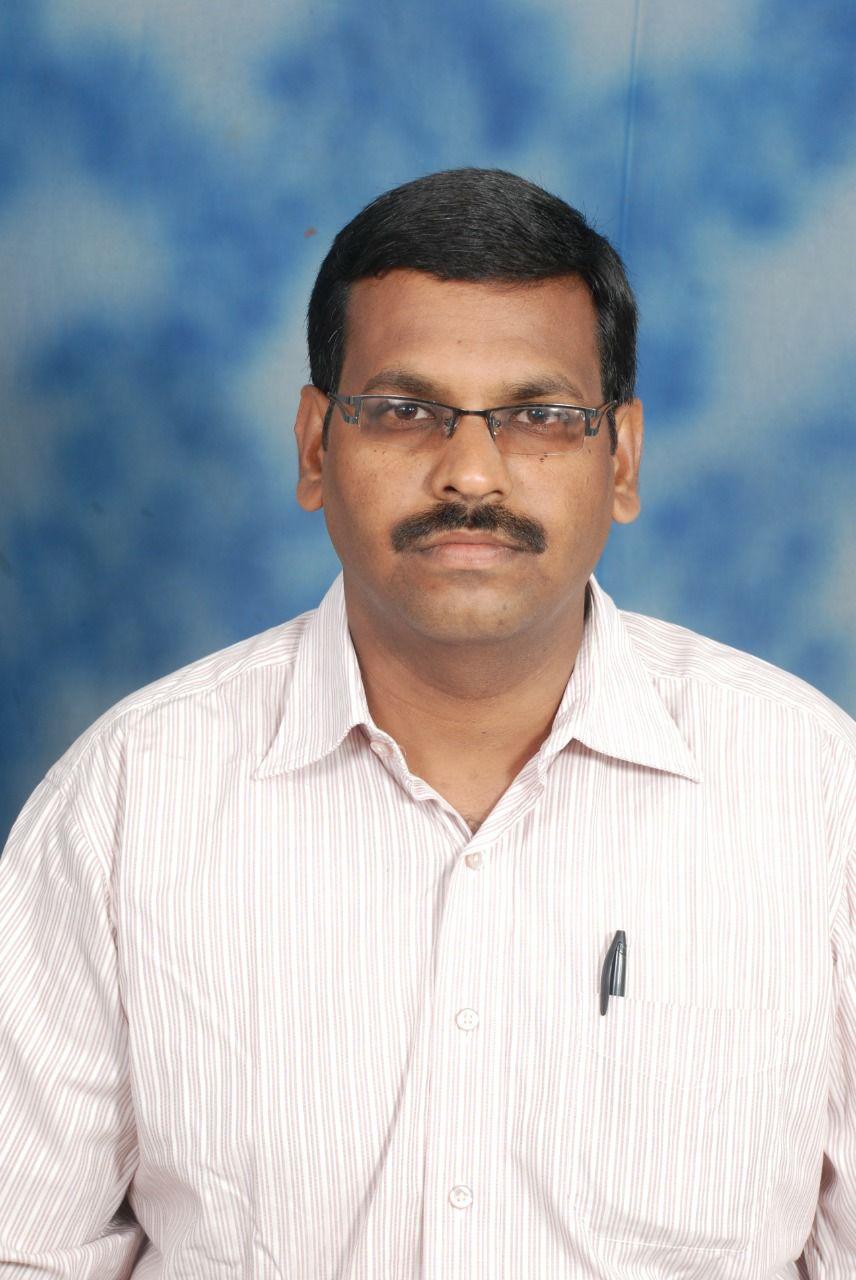

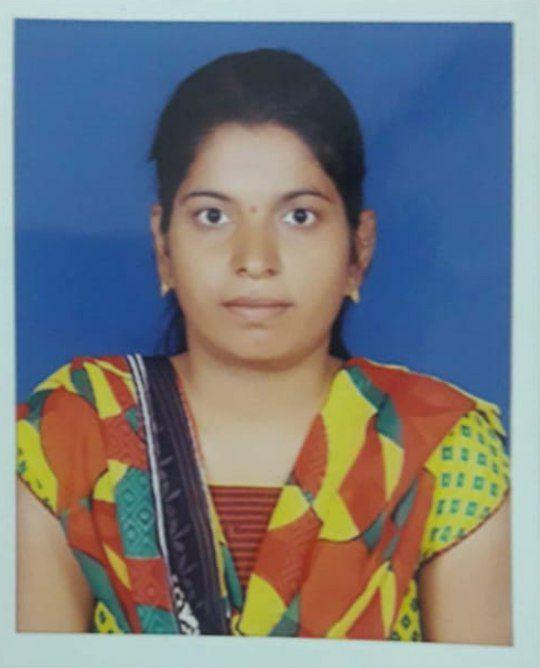


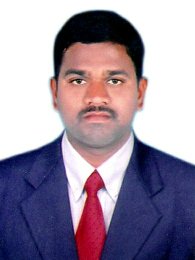
will be updated soon....
will be updated soon....
will be updated soon....